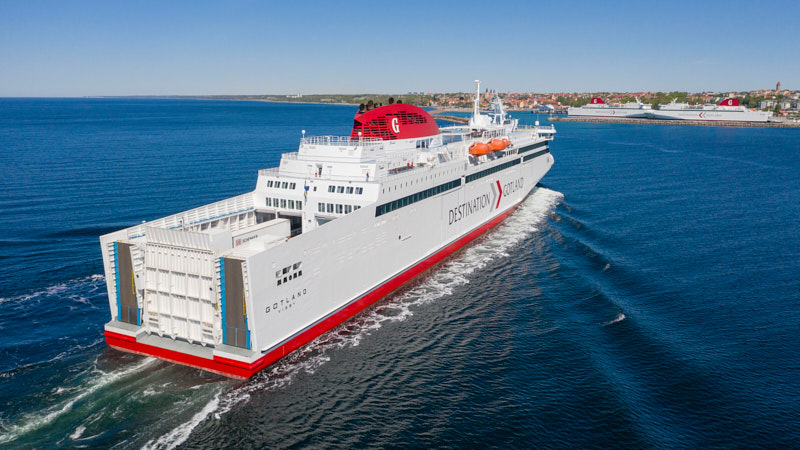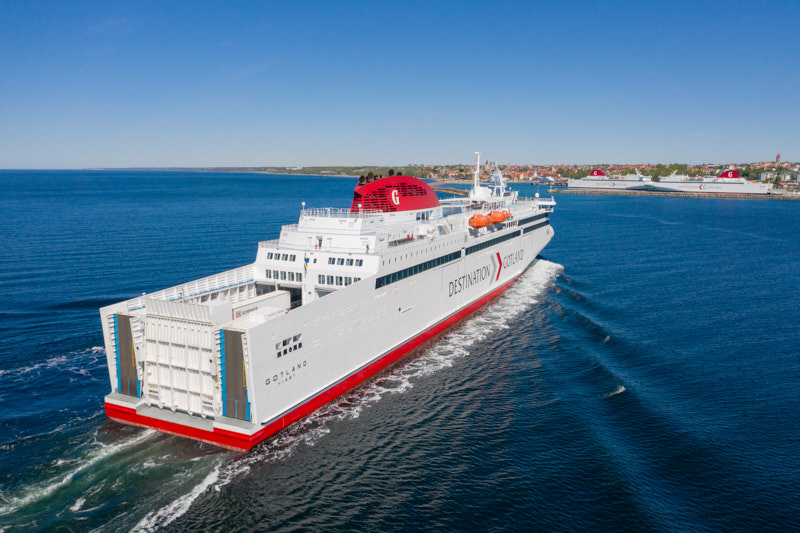Travel volumes to and from Gotland increased in 2025, confirming a broadly positive development across passenger, visitor, and freight segments.
Key figures (2025 vs 2024):
- Total passengers with Destination Gotland: 1,758,481 (+1.6%).
- Visitors to and from the island: 1,335,045 (+0.8%).
- Growth driven mainly by the Nynäshamn route.
- Oskarshamn route remained broadly stable.
- International travellers: +4.6%, representing 6.3% of all passengers (record level).
- Gotland residents’ travel: 423,436 (+4.4%), back to pre-pandemic levels.
Destination Gotland highlights that increased off-peak travel indicates success in extending the season. This benefits both residents and the local visitor economy.
Operational performance:
- Punctuality reached 97.1%, based on 2,786 completed sailings.
- Freight volumes also increased year-on-year, reflecting resilient demand despite the economic climate.
Tourism indicators:
- Registered guest nights (Jan–Nov): 988,708, up from 934,177.
- Total guest nights, including unregistered stays: 1,367,645, showing a clear increase.
Improved accessibility continues to support year-round demand. Regular air services to Stockholm Bromma and Arlanda, combined with reliable ferry operations, keep Gotland well connected outside the summer peak.
Photo Destination Gotland







